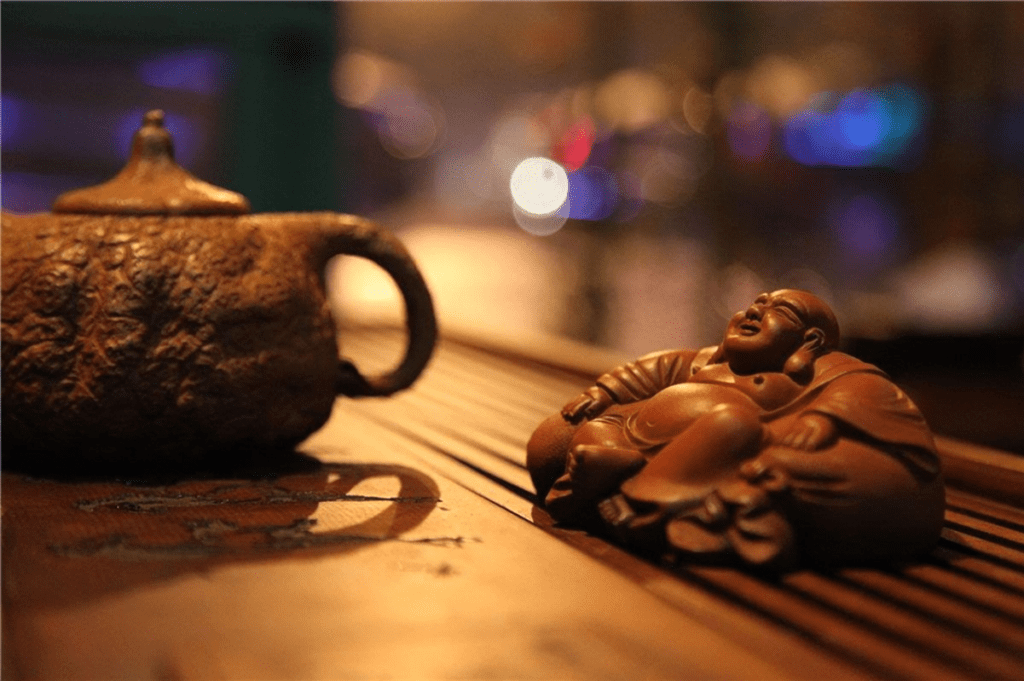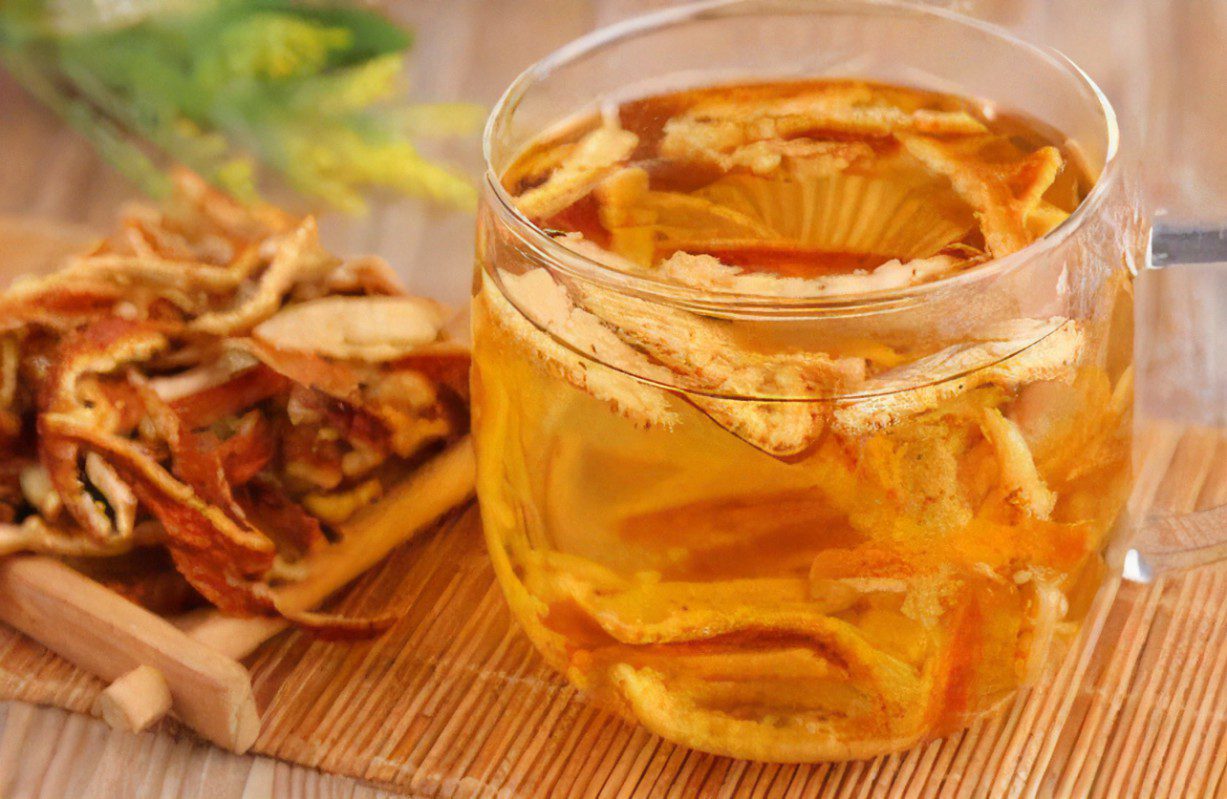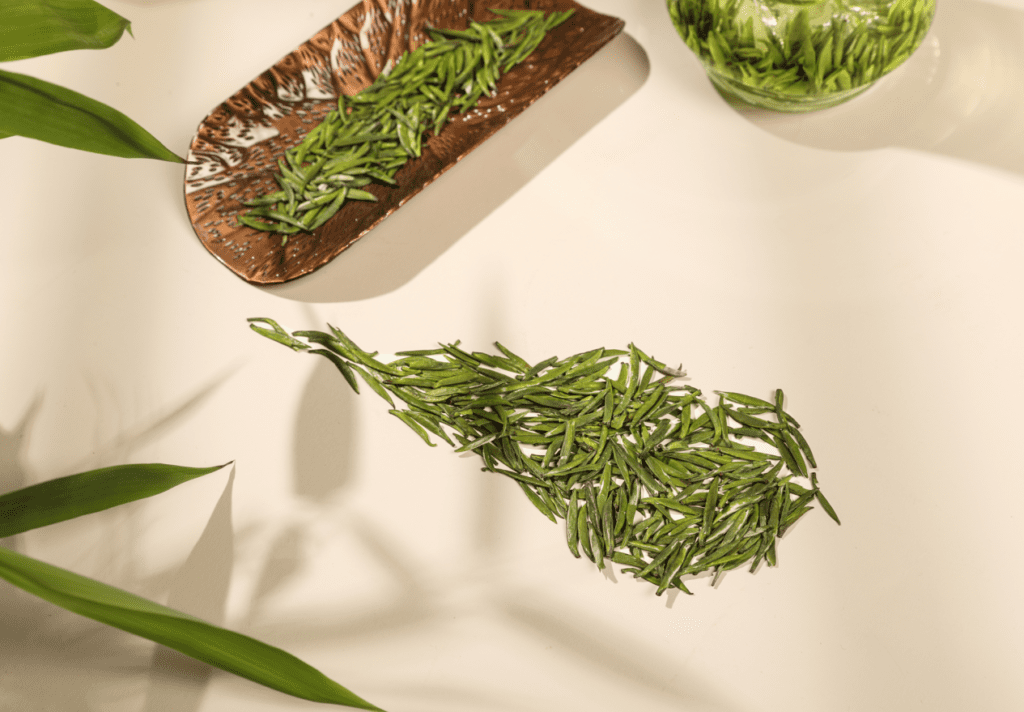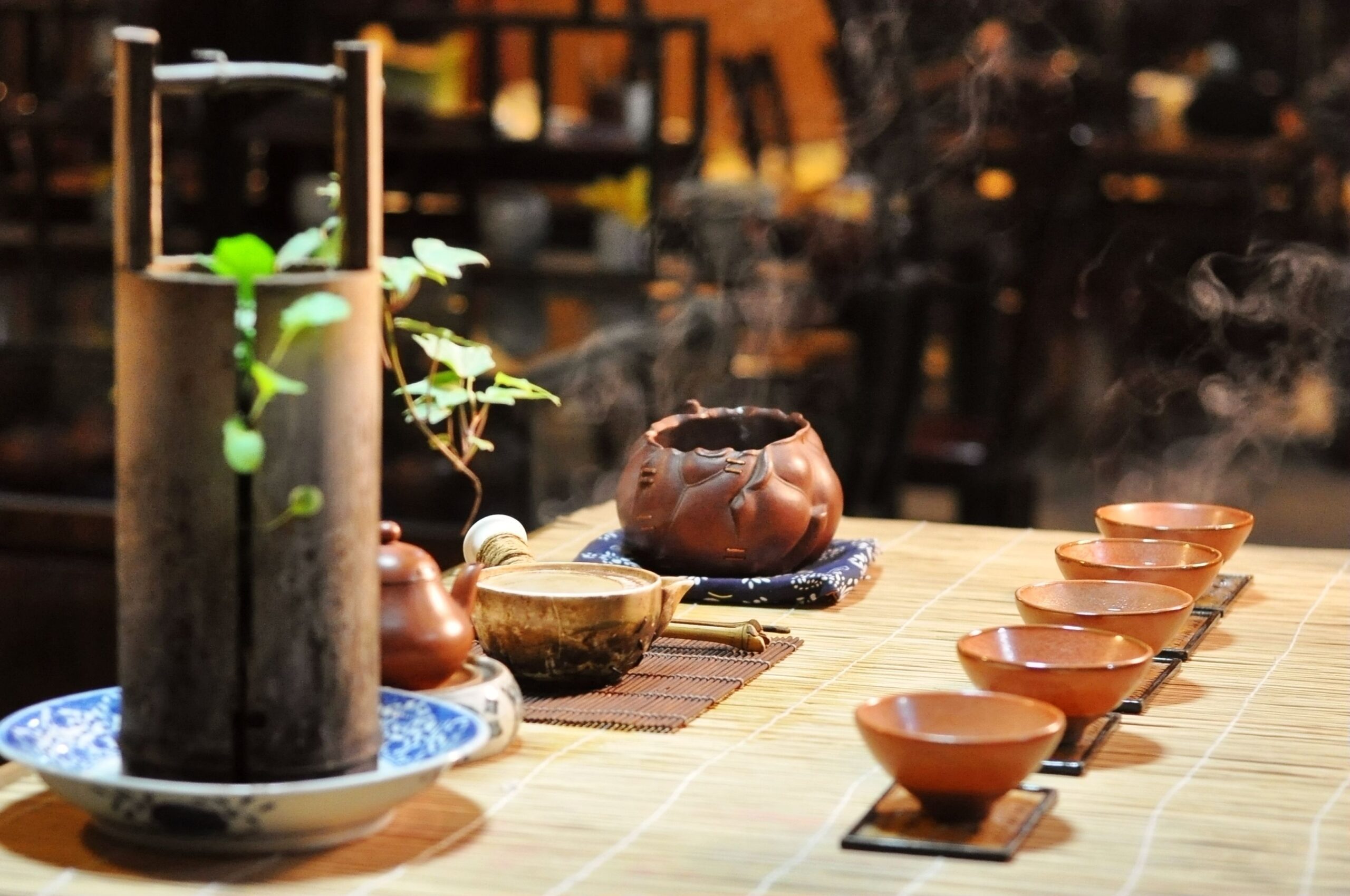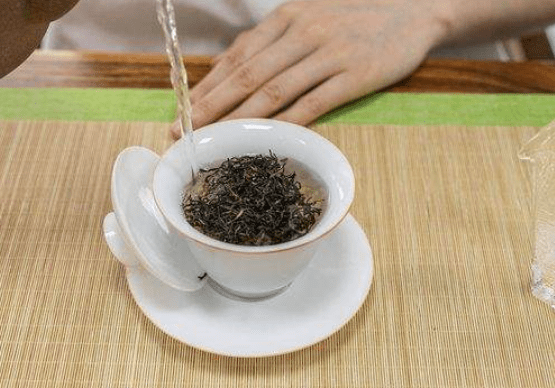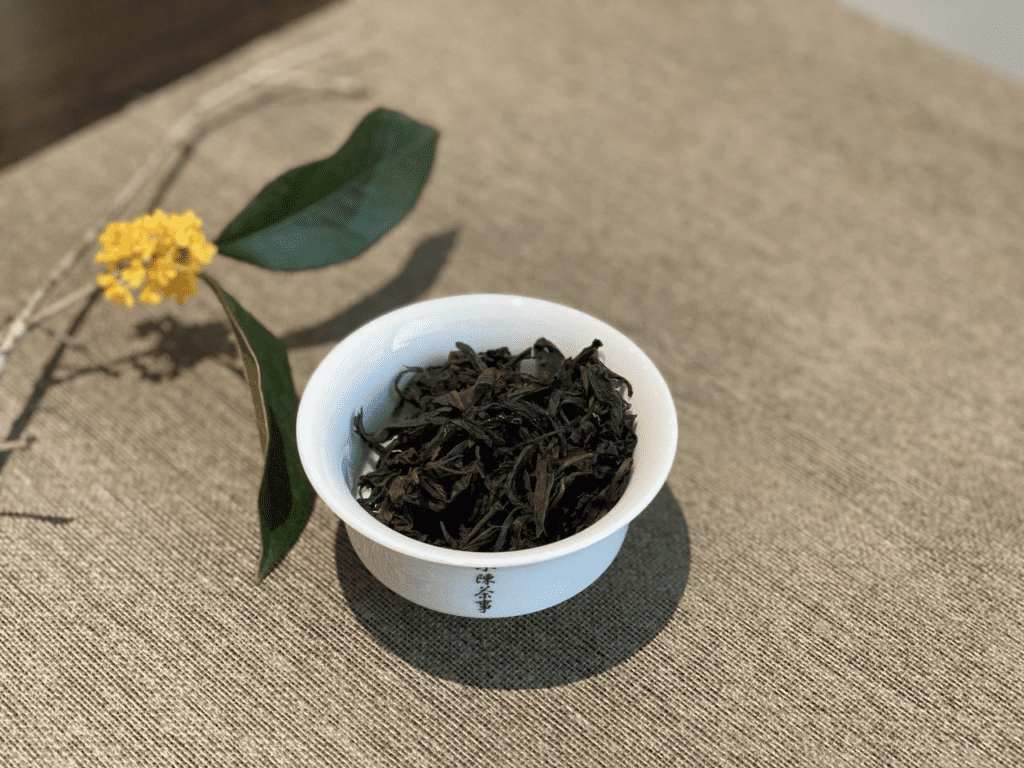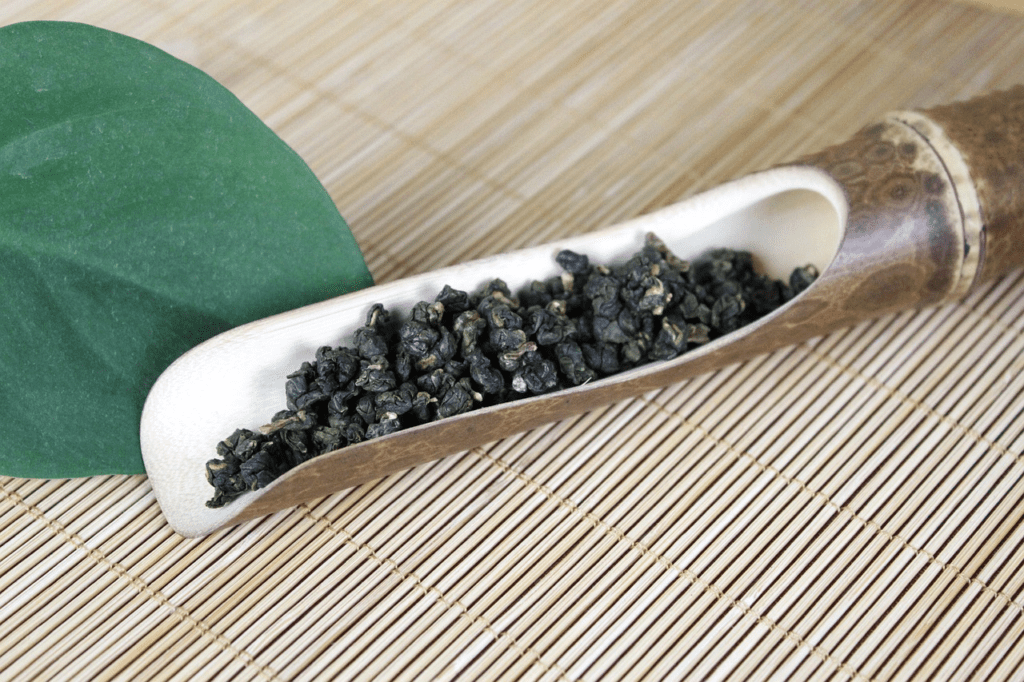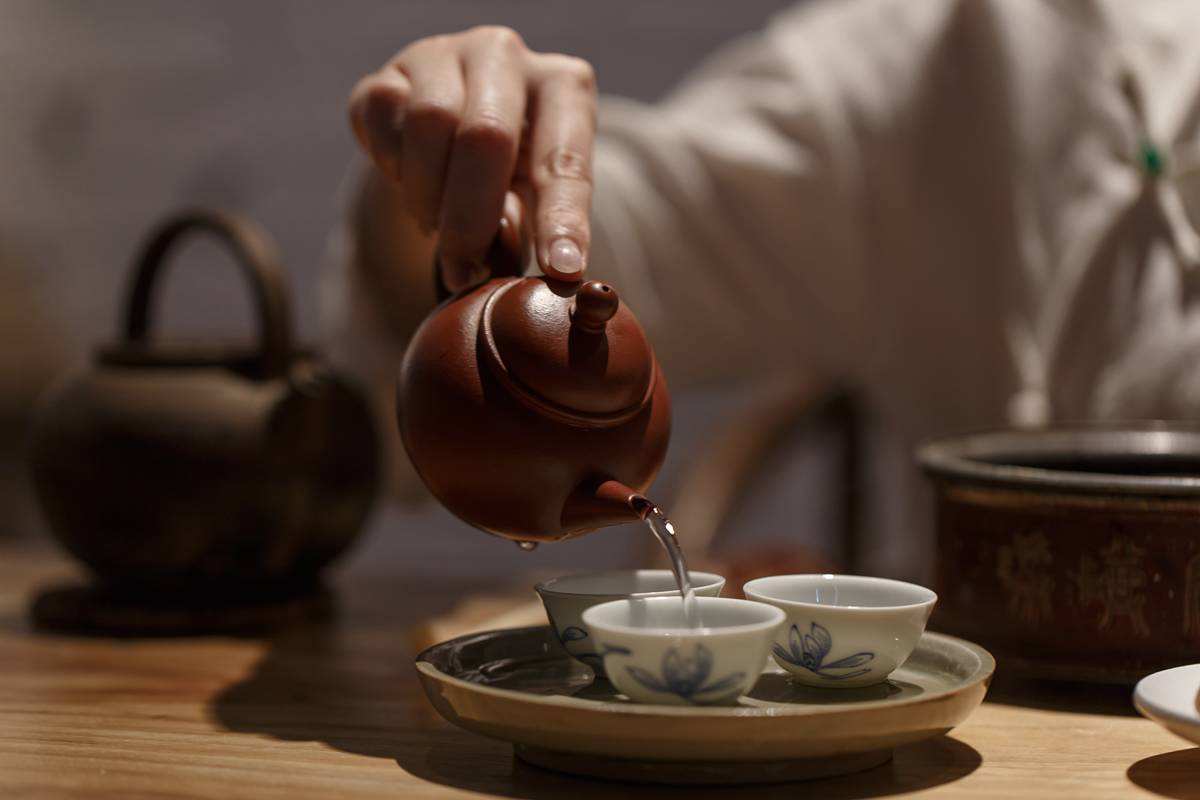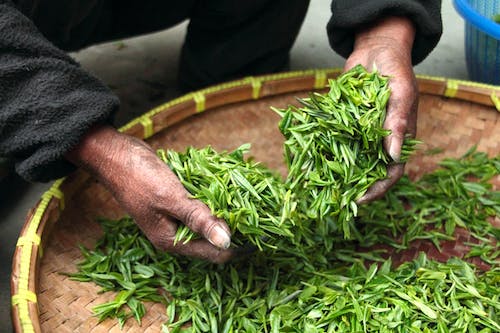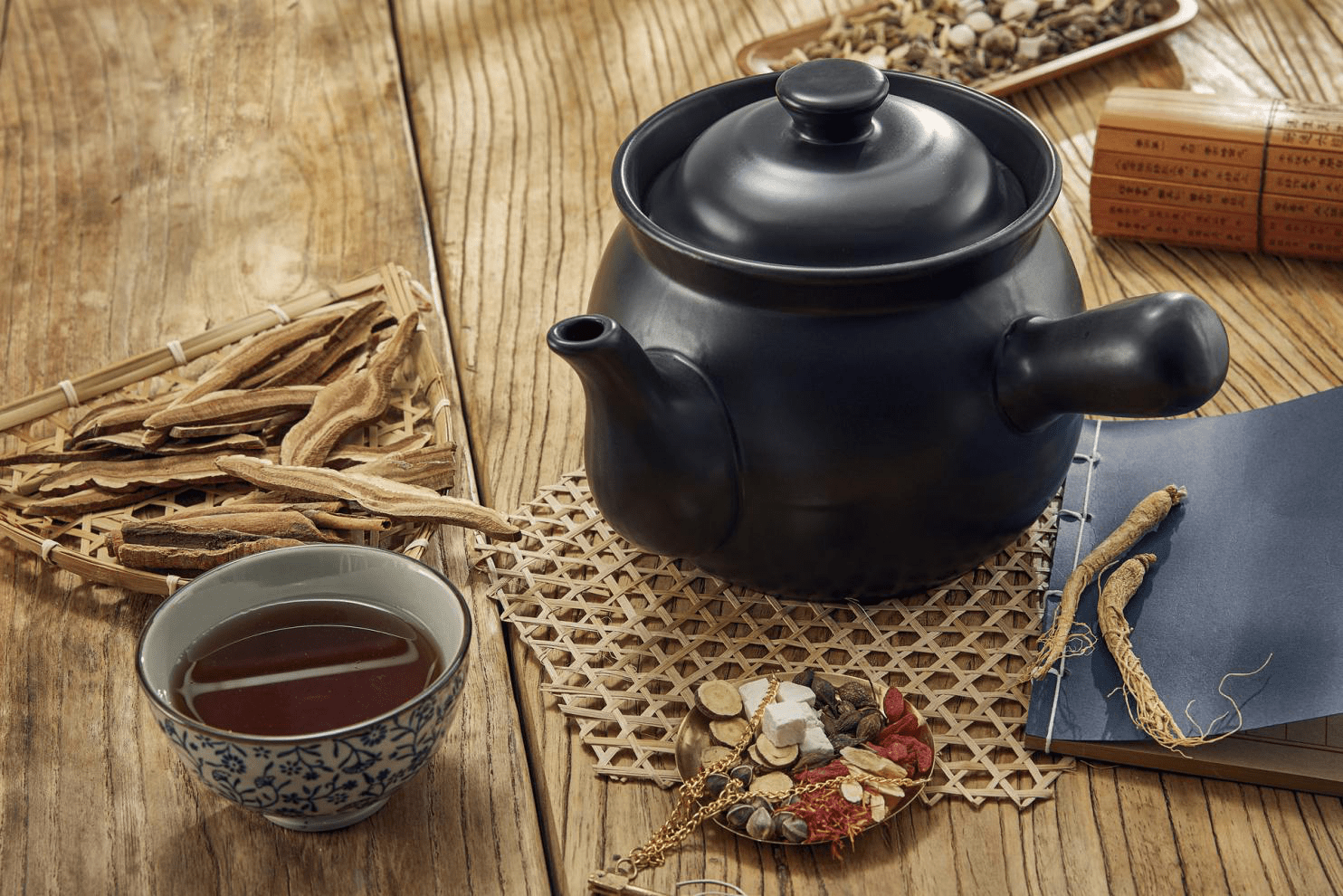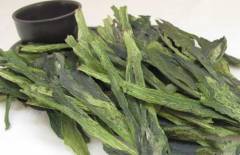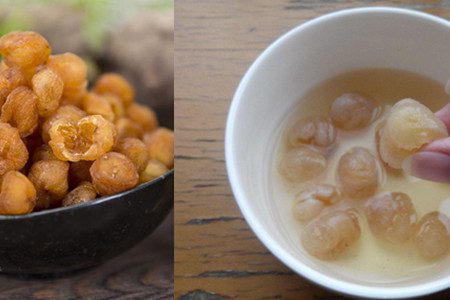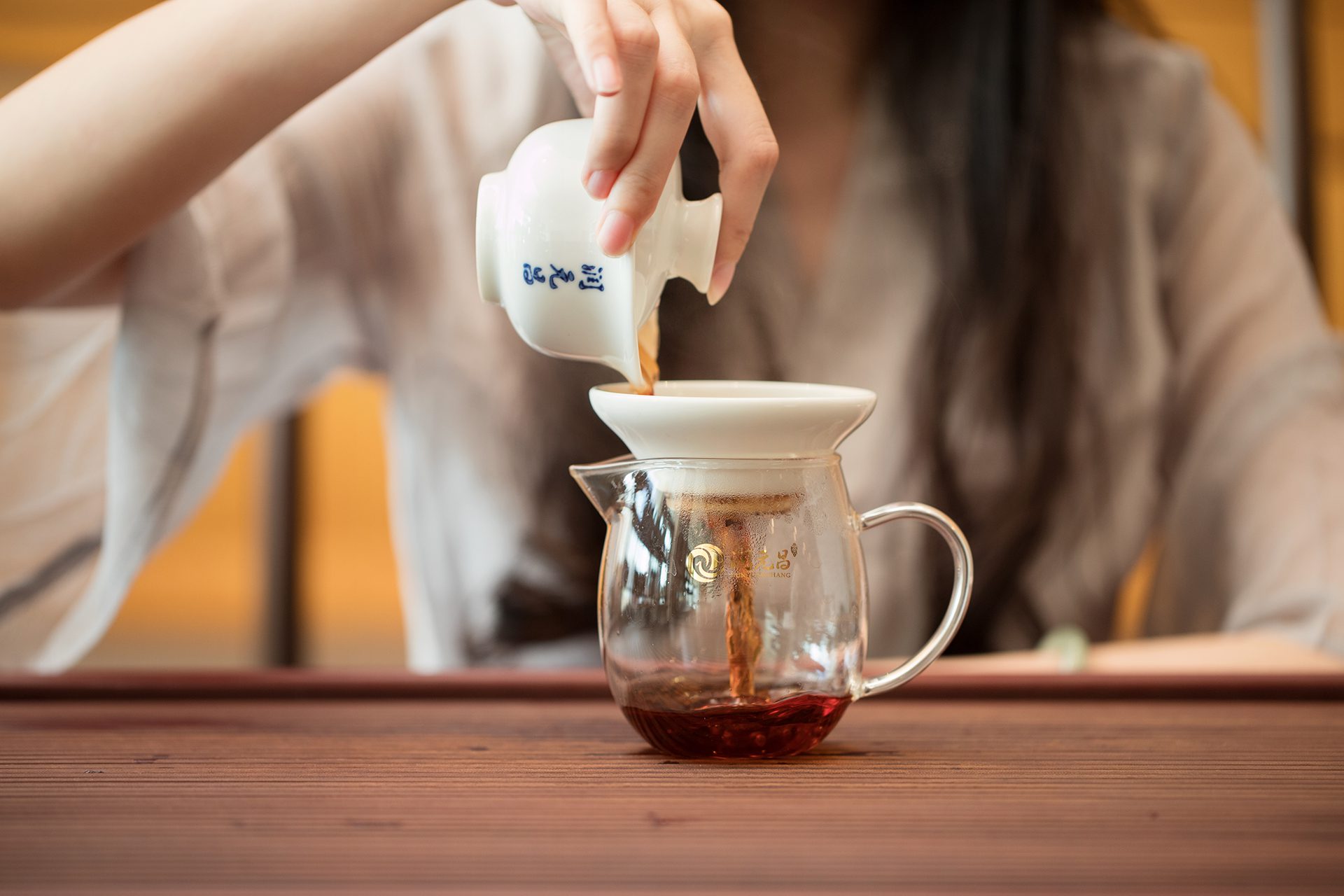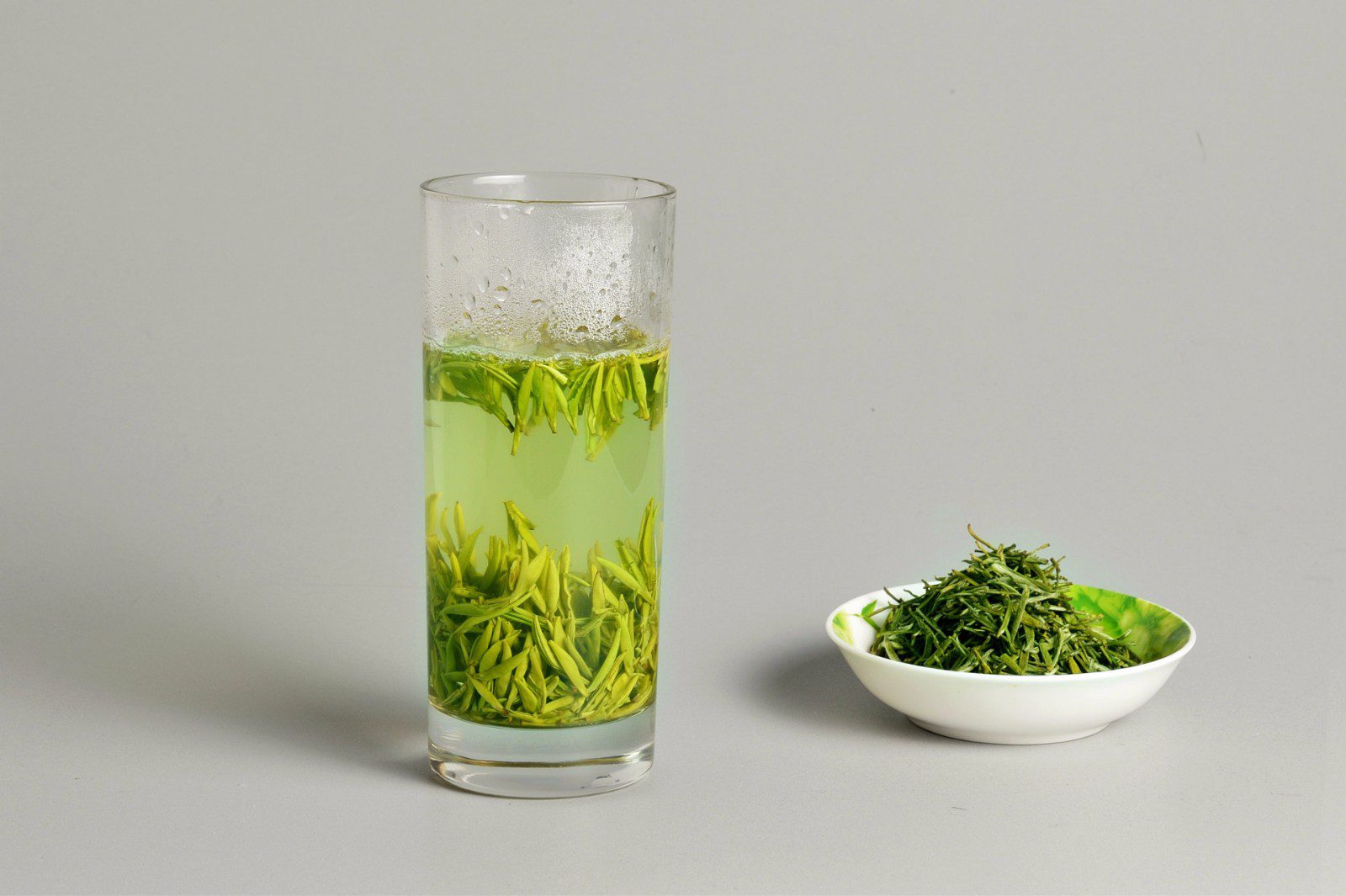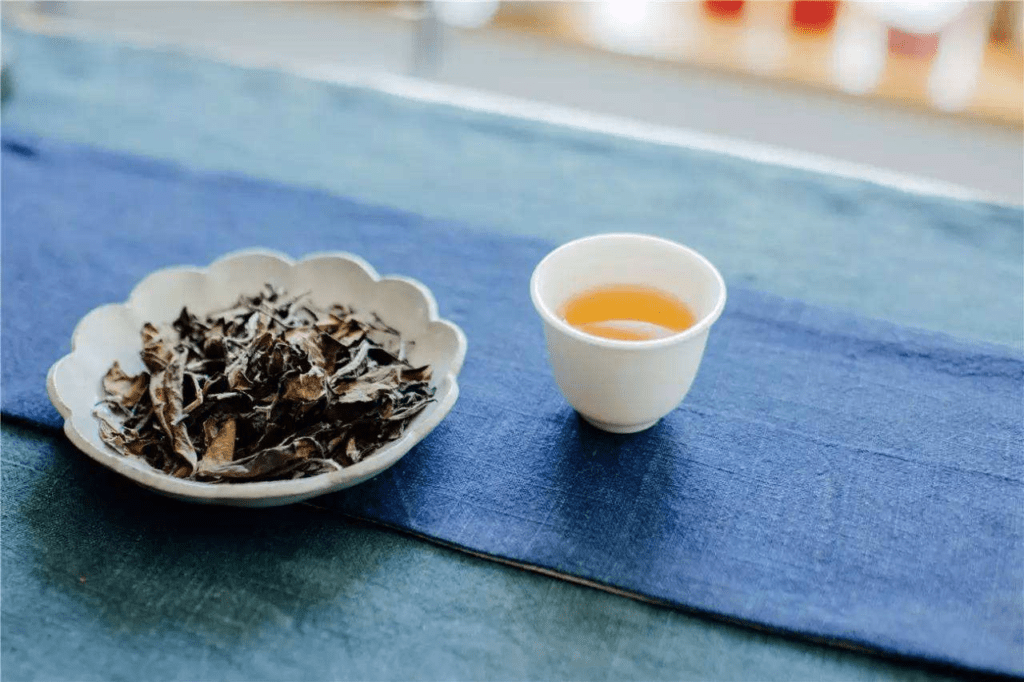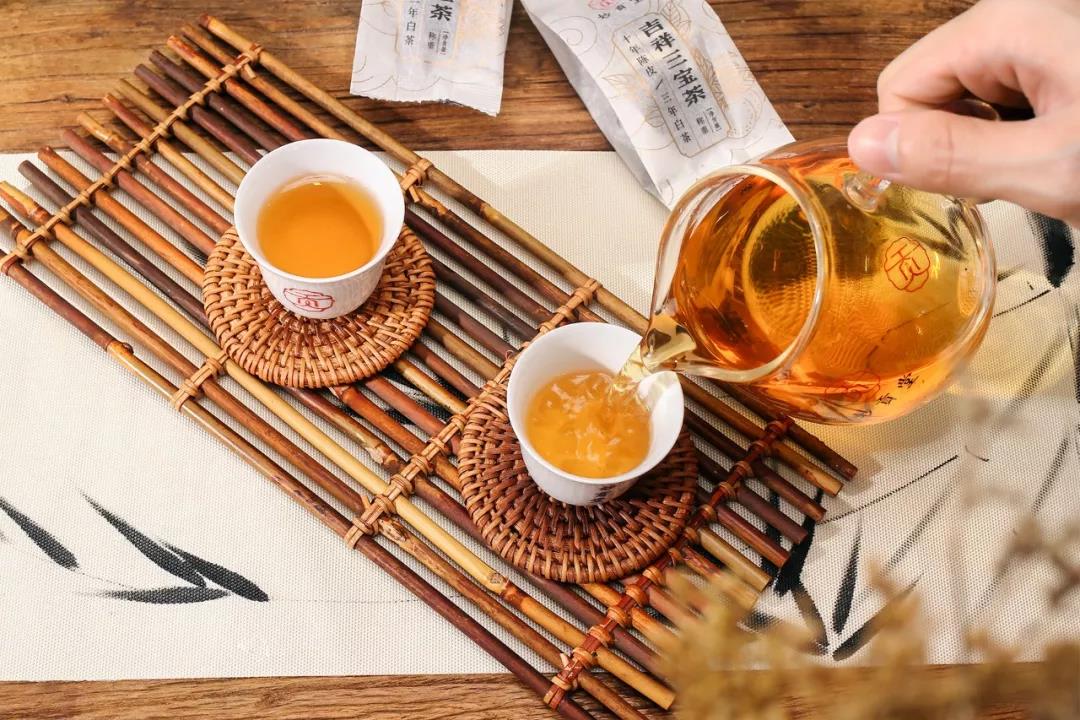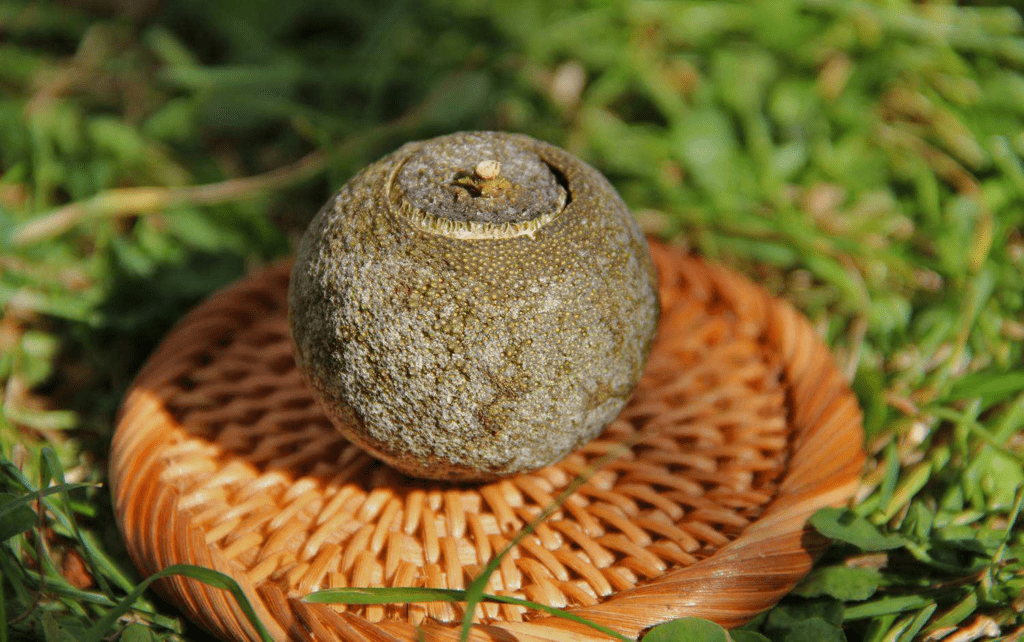High blood pressure is a common chronic condition that can lead to serious health problems such as heart disease and stroke. Fortunately, it is possible to help lower blood pressure naturally by consuming certain teas. In this article, we will introduce several teas that can help lower blood pressure and provide details on how to brew them and what to look for.
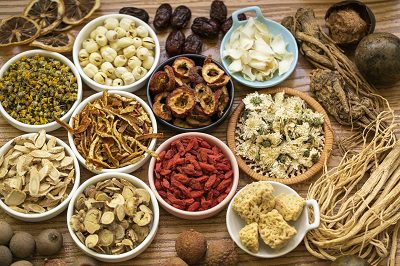
(Image source: Internet, deleted)
1. Rose Hip Tea (Roselle Tea)
Rosehip tea is a tea known for its vibrant red color and sweet and sour taste. Several studies have shown that rosehip tea helps reduce high blood pressure. It is rich in antioxidants that can help dilate blood vessels and reduce vascular resistance, thus lowering blood pressure. Drinking three cups of rosehip tea daily can significantly lower your blood pressure.
Infusion Method:
Take one tablespoon of dried rosehip petals, soak in hot water for five minutes, strain the petals and drink. You can choose to drink it hot or cold.
Caveats:
Pregnant women and those taking antihypertensive medication should avoid rosehip tea as it may irritate the uterus or cause low blood pressure.
2. Green tea
Green tea is widely popular for its richness in antioxidants and multiple benefits and actions. Studies have shown that long-term consumption of green tea helps lower systolic blood pressure (SBP) and diastolic blood pressure (DBP). The catechins in green tea help control blood pressure by relaxing blood vessels and improving blood circulation.
Infusion Method:
Brew green tea leaves in hot water at 80°C. Steep for 2-3 minutes and drink. Drink 2-3 cups per day for best results.
Caveats:
Green tea contains caffeine and should be consumed in moderation by pregnant and lactating women to avoid overdose.
3. Black tea
Black tea, like green tea, also helps lower blood pressure. The theaflavins and thearubigins in black tea have antioxidant and anti-inflammatory properties that help protect cardiovascular health. Long-term consumption of black tea may reduce the risk of stroke.
Infusion Method:
Brew black tea leaves in hot water at 95°C. Steep for 3-5 minutes and drink. Drink 2-4 cups per day for effective results.
Caveats:
Black tea also contains caffeine, so be careful with the amount you drink to avoid discomfort caused by excessive caffeine intake.
4. Chamomile tea
Chamomile tea is known for its soothing and relaxing effects and is especially suitable for people with high blood pressure caused by stress and anxiety. Chamomile tea can help relax the nerves and reduce stress, thus indirectly lowering blood pressure.
Infusion Method:
Take one tablespoon of dried chamomile flowers, soak them in hot water for 5-10 minutes, strain the petals and drink. It is recommended to drink it at night to help improve the quality of sleep.
5. Turmeric tea
Turmeric tea is widely recognized for its anti-inflammatory and antioxidant properties. The curcumin in turmeric protects the arteries and regulates blood pressure, making it very beneficial for maintaining healthy blood pressure levels over time.
Infusion Method:
Add a teaspoon of turmeric powder to hot water, stir well and drink. You can add some honey and lemon to improve the taste.
Cautions and Recommendations
While the teas mentioned above can be significantly helpful in lowering blood pressure, it is recommended that you consult your doctor before starting to consume any of the new teas, especially if you are taking antihypertensive medications or have a specific health condition. Drinking tea along with maintaining a healthy diet and lifestyle, such as reducing sodium intake, exercising regularly and managing stress, is equally important in controlling blood pressure.
By choosing the right tea drink, you will not only be able to enjoy a delicious tea, but you will also be able to naturally help lower your blood pressure and protect your cardiovascular health. We hope that this article has provided you with useful information that will make it easy for you to enjoy healthy tea beverages in your daily life.

